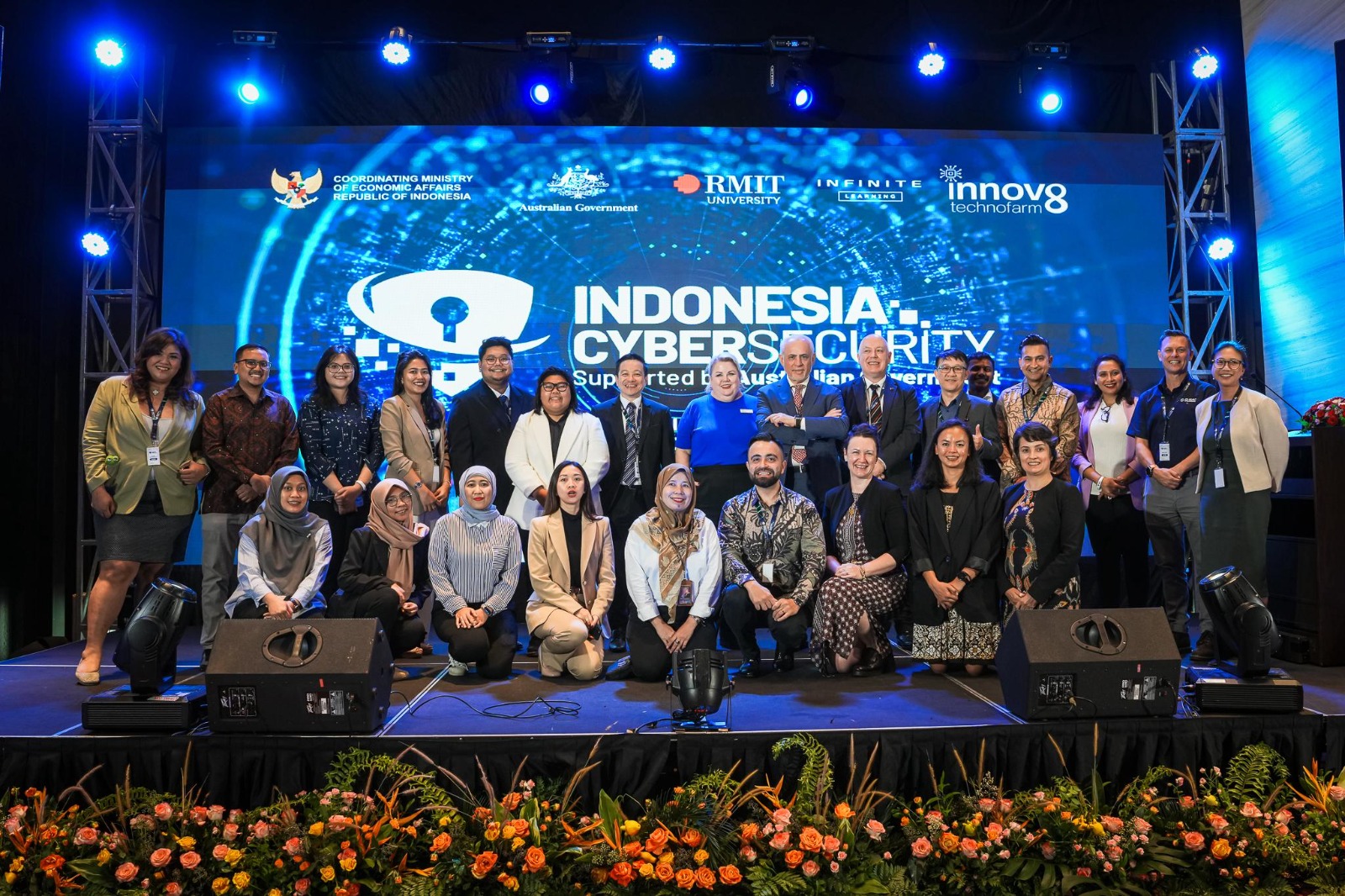The Indonesian government is accelerating efforts to establish a secure and protected digital economy by fostering multistakeholder partnerships.
This initiative focuses on comprehensive cybersecurity resilience, especially through developing skilled cybersecurity professionals to safeguard critical national infrastructure.
Deputy for Economic Cooperation and Investment at the Coordinating Ministry for Economic Affairs, Edi Prio Pambudi, emphasized, “Strengthening cybersecurity resilience is a crucial foundation for developing Indonesia’s digital economy. We start by raising public awareness on risk mitigation and investing in skills to enhance Indonesia’s readiness and response”.
The Importance of Workforce Development in Cybersecurity
Given the complex nature of cybersecurity, Indonesia prioritizes human resource development in this field.
The government plans to invest in training programs that equip its workforce with the necessary skills to counter emerging cyber threats.
Collaboration between government agencies and the private sector is vital to producing a skilled talent pool capable of ensuring the country’s cybersecurity.
Edi highlighted, “Indonesia’s digital economy is expected to surpass USD 130 billion and position the country as a key player in Southeast Asia. This growth demands robust cybersecurity measures to protect digital assets and secure long-term economic success”.
Indonesia-Australia Collaboration on Cybersecurity Initiatives
To underline their shared commitment to regional security and cross-border cooperation, Indonesia’s Coordinating Ministry for Economic Affairs partnered with Royal Melbourne Institute of Technology (RMIT), PT Kinema Systrans Multimedia (Infinite Learning-Nongsa Digital Park), and PT Innoveight Technofarm Indonesia (Innov8).
They hosted the Indonesia-Australia Cybersecurity Symposium and Workshop from June 16-17, 2025, supported by the Australian Government’s Southeast Asia and Pacific Cyber Program.
Deputy Edi remarked, “Cybersecurity is a critical pillar for national and regional resilience. The symposium brought together senior leaders, government officials, and industry experts to discuss key challenges and opportunities in strengthening Indonesia’s cybersecurity framework”.
Shared Responsibility and Strategic Cybersecurity Implementation
Marsekal Muda TNI R. Tjahjo Khurniawan, Deputy for Cybersecurity Strategy and Policy at Indonesia’s National Cyber and Crypto Agency (BSSN), stressed that cybersecurity is a collective responsibility.
“The National Cybersecurity Strategy is implemented comprehensively through synergy among all stakeholders,” he stated.
Jonathan Gilbert, Advisor to the Australian Minister from the Australian Embassy, added, “The Australian Government is proud to cooperate with Indonesia to enhance collective cybersecurity resilience in our region, addressing rapidly evolving cyber opportunities and threats”.
Commitment to World-Class Cybersecurity Training and Infrastructure
Mish Eastman, Vice-Rector for Vocational Education and Vice-President of RMIT University, reaffirmed RMIT’s ongoing commitment to delivering relevant, internationally recognized training programs.
She noted, “This symposium is the next exciting step in leveraging RMIT’s global research expertise and skill development to meet Indonesia’s cybersecurity needs. Together, we can create scalable, tailored solutions to build resilience”.
Ritchie Glen, CEO of Innov8 Technofarm, expressed enthusiasm about supporting Indonesia’s balance between talent, infrastructure, and governance in cybersecurity.
“Cyber resilience evolves like an ecosystem, where talent, infrastructure, and governance grow together. Accelerating dedicated training facilities will add value. Our training center is ready to offer world-class programs and certifications,” he said.
Innov8 has allocated nearly USD 1 million to establish a world-class cybersecurity training center in Jakarta.
PHOTO: KEMENKO PEREKONOMIAN
This article was created with AI assistance.
Read More






 Sunday, 01-03-26
Sunday, 01-03-26







